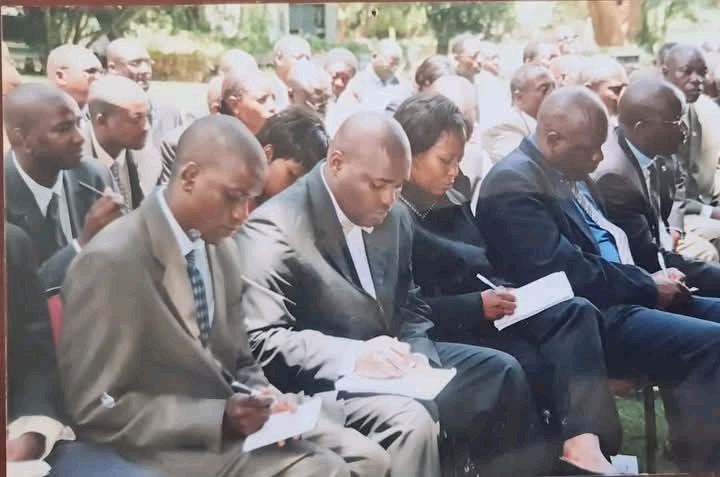YOU CANNOT REGULATE JOURNALISM – COURT
By Dickson Jere
In 1995 – just a year before the General Election – the MMD government of President Frederick Chiluba wanted to have a stronghold on the media. It then decided to draft a “Media Council Bill” that was aimed at regulating the media in Zambia through an Act of Parliament. It had obnoxious provisions including licensing of journalists.
The media protested vehemently with street protests and media statements. However, the government decided to push ahead with the Bill as it had the necessary numbers in Parliament to pass it.
The media, through its mother bodies, decided to take a legal route and filed a case in the High Court. The media argued that the Bill was unconstitutional and that the journalists were never even consulted.
On the other hand, government argued that journalists needed to be policed in Zambia because they were unprofessional and those found wanting should be stopped from practicing journalism.
After hearing both side and analysising the Bill, the Court agreed that the proposed Bill was an infringement on the freedom of expression and free press.
“I do not in my view consider the decision to constitute the Media Council of Zambia to be in furtherance of the general objectives and purpose of the Constitutional powers, among them, to promote democracy and related democratic ideas,” said Judge Anthony Nyangulu.
“In light of the above, it cannot be seriously argued that the creation of the Media Association of any other regulatory body by the Government would be in furtherance of the ideals embodied in the Constitution, vis-a-vis freedom of expression,” the Judge added.
He also noted that the proposed intended to license journalists with sanctions including taking away the right to practice as journalists would be a denial of press freedom.
“The decision to create the Media Council of Zambia is no doubt going to have an impact…on freedom of expression,” the Judge said, and courageously quashed the decision by government to proceed with the Bill.
After the decision, government abandoned the Bill and decided to respect the Court outcome. Successive governments “threatened” to bring back this Bill but never actually did except asking the journalists to come with self regulating mechanism.
Case citation – Francis Kasoma v Attorney General – No. 1995/HP/2959 (Unreported).
Prof Kasoma sued on behalf of the Press Association of Zambia (PAZA) working other media organizations in Zambia.
Lecture Notes;
1. This is a 30 years old landmark case on press freedom that is now widely used in many jurisdictions including the African Court and African Commission on Human Rights.
2. Regulating of journalism is frowned upon at international level as journalists come in many form. One does not need to be a journalist to be writing articles for newspaper or broadcast. In fact well known “journalists” are trained in other professions like economics and law but opt to write and therefore difficult to police them as such.
3. The world is more concerned with social media and ghost publications and authors. In short, one does not need to be a journalist to setup online newspapers and publish them even out of Zambia. How do you regulate such? Impossible!
4. So whatever Media Bill is being suggested by whomever is ill conceived and flies in the teeth of this world acclaimed case. You cannot police journalism. This is settled debate.
5. We have enough laws to deal with erring journalists. You can sue them for defamation in civil claims or indeed criminal libel.
YOU CANNOT REGULATE JOURNALISM – COURT
